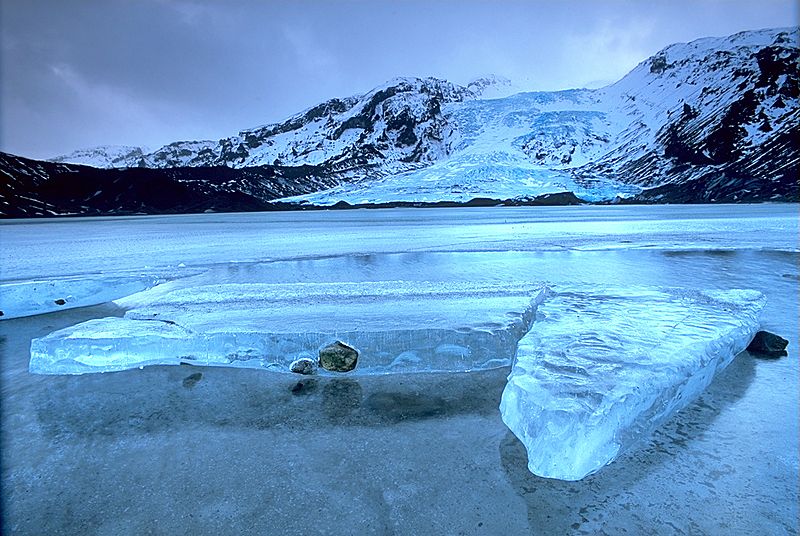“Not much ever happened to him but weather.â€
— Willa Cather, A Lost Lady
I think of love stories in winter weather. Perhaps it’s my own small town South Dakota youth calling, remembering my own 60s romance with the love of my life, cold winter nights parking at a turn-out on the gravel road out past the airfield, burning gas, fogging the windows — all manner of heat, and dreaming a life not far different from the one we’ve had. So I can relish without regret cold love stories that are tragic, like William Dean Howells’ A Modern Instance, which begins with a winter sleigh ride, or a poignant tale like Willa Cather’s A Lost Lady, with its blue shadows of the winter season and its intimations of the longer blue shadows of human behavior. Even thinking of it brings one of those who-can-tell-what-is-in-a-human-heart shivers.
But here is a cold-storage love story, one that pushes beyond what’s between a woman and a man, beyond the temperament of a season, striking at the ice or fire dilemma of creation itself.
“Where does creation end and destruction begin?†Here’s the preacher’s answer, in the form of a parable about a horse swept over a waterfall:
“He was washed ashore, alive, onto the rocks below. The beast stood there motionless, hanging his head, for more than twenty-four hours below this awful cascade of water that had swept him down. Perhaps he was trying to remember what life was called. Or he was wondering why the world had been created. He showed no signs of ever wanting to graze again. In the end, however, he heaved himself onto the riverbank and started to nibble.â€
This derelict minister, Pastor Jon, has himself fallen from grace in Halldor Laxness’ novel Under the Glacier. His parish church stands at the foot of the glacier, its broken windowpanes boarded over, its door nailed shut, and its pews and altar stolen and used for firewood during “the spring of the great snows†several years past. Pastor Jon is now more tinker and local repairman than preacher to his flock. And into this strange world –- the center of creation or the end of the world, depending on who is consulted –- steps the narrator, who calls himself “Embi,†short for Emissary of the Bishop of Iceland. This young prelate has been sent to make inquiries and gather facts regarding rumors of strange goings on at the glacier parish.
Continue reading Winter’s tales: Halldor Laxness on love and ice – and fire
